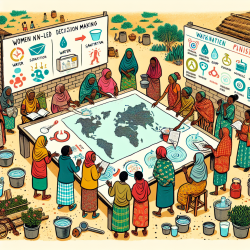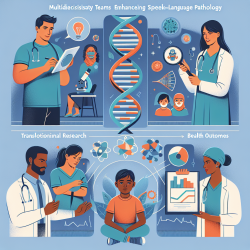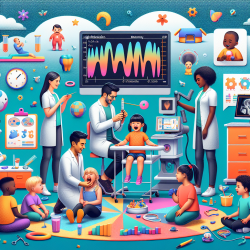The global challenge of access to water, sanitation, and hygiene (WaSH) disproportionately affects women and girls, especially in sub-Saharan Africa (SSA). In many communities, they bear the primary responsibility for collecting water but are often excluded from decision-making processes. A recent study titled What If Your Husband Doesn’t Feel the Pressure? An Exploration of Women’s Involvement in WaSH Decision Making in Nyanchwa, Kenya, sheds light on these issues through a case study in Nyanchwa, Kenya. This blog aims to provide practitioners with insights to improve their skills by implementing outcomes from this research or encouraging further exploration.
Key Findings from the Research
The study conducted key informant interviews with community leaders and members in Nyanchwa to explore challenges and measures for enhancing women's participation in WaSH decision-making. The findings highlight several barriers:
- Economic Challenges: Financial constraints limit access to necessary equipment and infrastructure for water supply and sanitation.
- Cultural Factors: Male dominance restricts women's participation as they often need permission from male household members to engage in community activities.
- Time Constraints: Women spend significant time collecting water, limiting their ability to participate in economic activities or attend meetings.
- Low Literacy Rates: Limited education among women hinders their confidence and ability to contribute effectively in decision-making forums.
The Impact of Exclusion
The exclusion of women from WaSH decision-making has profound implications:
- Health Risks: Lack of access to safe WaSH leads to increased disease prevalence among women and children.
- Psycho-Social Stressors: Women face stress due to inadequate sanitation facilities and the burden of water collection.
- Educational Barriers: Girls often drop out of school due to responsibilities related to water collection or lack of menstrual hygiene facilities.
The Path Forward: Empowering Women
The research calls for collaborative efforts among women's groups to enhance collective action for improved access to WaSH. Here are some strategies practitioners can adopt:
- Create Inclusive Policies: Develop policies that ensure women's voices are heard in WaSH planning and implementation processes.
- Promote Economic Empowerment: Support initiatives that provide financial independence for women, enabling them to participate more actively in decision-making.
- Cultural Sensitivity Training: Implement programs that address cultural barriers and encourage male allies to support women's involvement.
- Education Initiatives: Improve literacy rates through adult education programs focused on empowering women with knowledge and skills.
A Call for Further Research
This study highlights the need for further research into the economic and social power dynamics affecting women's roles in WaSH decision-making. Practitioners are encouraged to explore these areas to develop more effective interventions that promote gender equality and community health.
The empowerment of women in WaSH decision-making is crucial for achieving Sustainable Development Goals (SDGs) related to health (SDG3) and gender equality (SDG5). By addressing these challenges collaboratively, communities can ensure a healthier future for all members.










